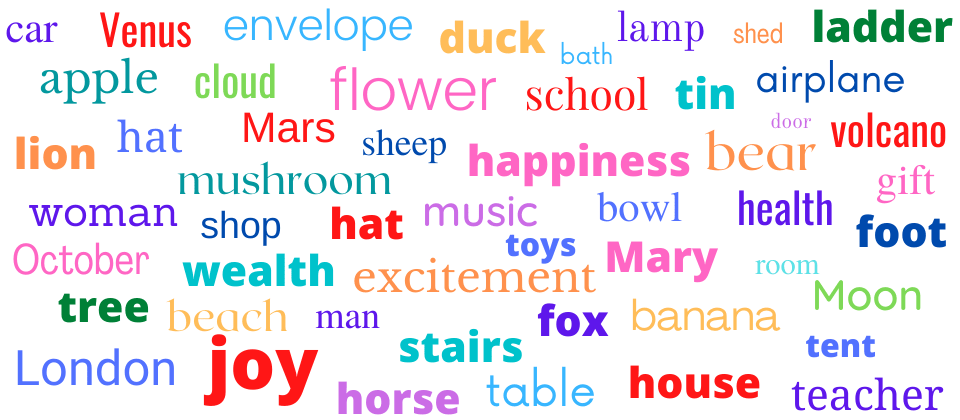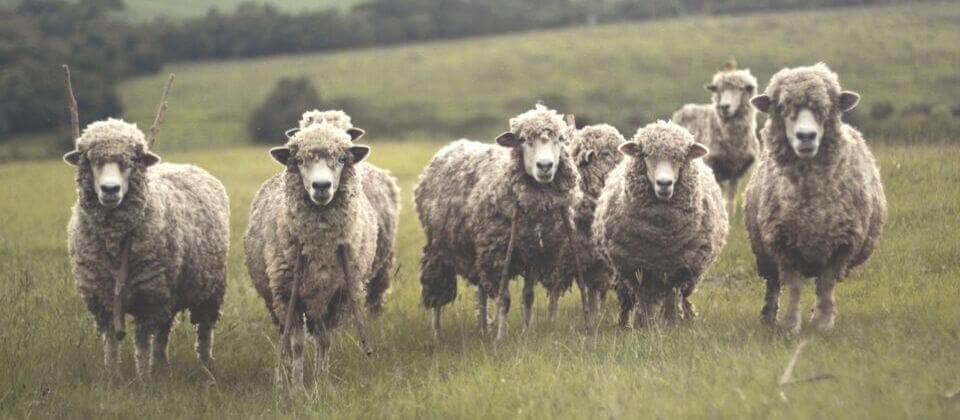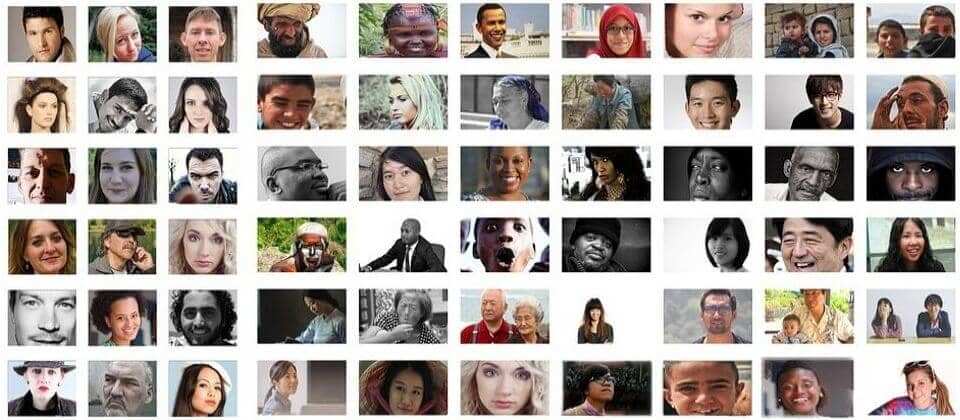Noun Definition AND Types

A noun is a naming word used to identify people, animals, places, objects, ideas, states of being. Here we will look at noun definition and types.
These are all different types of nouns:
tree, mother, Thomas, Earth, happiness, cruelty
TYPES OF NOUNS
In English, there are different types of nouns which have different uses and rules associated with them.
Common Nouns
Proper Nouns
Concrete Nouns
Abstract Nouns
Compound Nouns
Countable Nouns
Uncountable Nouns
Collective Nouns
GENDER OF NOUNS
Nouns in English are neutral in gender unless they specifically refer to a masculine or feminine being, such as a person or an animal, when gender may be shown through differentiated nouns, for example
male female neutral
man woman person
father mother parent
actor actress actor
boy girl child
cock hen chicken
stallion mare horse
Note – exceptions to this are ships and cars, which are both often referred to as female
COMMON NOUNS
A common noun is a general term that refers to things of a type. The common noun definition is that it is a generic name for any person, place, animal or thing in a particular group or class.
dog, river, church, planet, day, car, table are all examples of common nouns
A common noun can take the definite and indefinite article, and other determiners
a cat, this chair, my sister
Common nouns may be found in the singular or the plural form. Usually the plural form is different from the singular.
Making a common noun plural
Common nouns often take an -s or an -es for the plural form, but not always.
The following show the rules for making common nouns plural:
| regular noun | add +s | cat - cats |
| house - houses | ||
| ends -s, -ch, -sh, -x, -z | add +es | bus - buses |
| branch - branches | ||
| fox - foxes | ||
| ends consonant -o | add +es | hero - heroes |
| ends vowel -o | add +s | video - videos |
| ends vowel -y | add +s | day - days |
| ends consonant -y | -y to -ie, add +s | fly - flies |
| ends -fe | -f to -v, add +s | knife - knives |
| ends -f | -f to -v, add +es | wolf - wolves |
| ending two vowels -f | add +s | chief - chiefs |
| ending -ff | add +s | cliff - cliffs |
| ending -um | drop -um, add +a | referendum - referenda |
| ending -us | drop -us, add +i | radius - radii |
| irregular plurals | different singular / plural | child - children |
| tooth - teeth | ||
| same singular / plural | sheep - sheep | |
| fish - fish |
Some nouns are always plural
clothes
trousers
jeans
shorts
tights
glasses (spectacles)
sunglasses
headphones
scissors
tweezers
tongs
pliers
Some nouns are often used with the expression a pair of
a pair of shoes
a pair of glasses (spectacles)
a pair of sunglasses
a pair of earrings
a pair of gloves
PROPER NOUNS
A proper noun is a specific name given to an individual. The proper noun definition is that it is a name given to a particular person, pet animal, place, organisation or thing to identify it as an individual.
my cat’s name is Opus
cat is the common noun, Opus is the proper noun
Proper nouns are written with a capital letter – see also Capitalisation
They include names given to specific:
People
Elizabeth, Mary, George Smith
Pets
Rex the dog
Places
Spain, London, Venice, Europe
countries, capitals, cities, towns etc.
Days and months
Tuesday, Friday, January, September
Religions
Christianity, Koran, Hindus, Christmas
scriptures, worshipers, celebrations
Natural phenomenon
River Thames, Lake Geneva, Mars
Buildings and monuments
Eiffel Tower, Big Ben
Companies and brands
Rolls Royce, Manchester United
CONCRETE NOUNS
A concrete noun is a naming word for something you can see, touch, feel, taste, hear – something that you can perceive with your five senses.
Some concrete nouns are very obvious:
apple, lorry, jug, bedroom, friend
Some are not so obvious:
noise, laughter, physical pain, heat, rainbow
You can hear noise and laughter, you can feel physical pain and heat, you can see a rainbow, so these are all concrete nouns.
Remember – if something can be perceived with the senses, it is a concrete noun.
ABSTRACT NOUNS
An abstract noun is the opposite of a concrete noun and refers to something that can not be seen, smelt, touched, heard or tasted – perceived with the five senses.
Abstract nouns are intangible and include ideas, emotions, feelings, qualities:
happiness, jealousy, intelligence, humour, strength, excitement, truth, democracy, love
COMPOUND NOUNS
Compound nouns are the grouping together of two or more words, for example
class + room > classroom
They can appear with the individual words joined together, separated by a hyphen or remain separate:
paintbrush (paint + brush)
mother-in-law
wedding dress
Some compound nouns may be correct both with or without a hyphen, and unfortunately it is often not clear if the hyphen is needed or not:
Vice-President and Vice President are both correct
changing-room and changing room are both correct
COUNTABLE NOUNS
A countable noun describes separate objects that can be counted.
They are also known as unit nouns, and can have singular and plural forms.
an apple – three apples
a cat – seven cats
UNCOUNTABLE NOUNS
An uncountable noun cannot be individually counted.
They are also known as mass nouns.
They can not take the indefinite article (a or an) and they do not have a plural form.
water music money furniture happiness wealth
NOTE
Water is uncountable, but a glass of water is countable.
Music is uncountable, but a piece of music is countable.
Furniture is uncountable, but a piece of furniture is countable.
PRACTICE EXERCISES
1. Fill in the blanks
Singular Plural
child _____
house _____
fox _____
_____ knives
bus _____
lunch _____
_____ sheep
2. Find the proper nouns
May summer joy chair bedroom treehouse Mars lamps Italy wealth building River Thames Thomas stone brushes cushion leaves fun
3. True or False
Laughter is a concrete noun because we can hear it.
Love and hate are concrete nouns.
School is an abstract noun and teacher is a concrete noun.
Wind is an abstract noun.
4. Fill in the blanks with MUCH or MANY
I’ve got so ____ news to tell you.
There are too ____ people here.
How ____ money does he earn?
Answers
1. children, houses, foxes, knife, buses, lunches, sheep
2. May, Mars, Italy, River Thames, Thomas
3. true, false, false, false .
4. much, many, much


